5th Floor, West Tower, World Financial Centre
1 Dong San Huan Middle Road
Chaoyang District, Beijing 100020, China
Tel: +86 10 5081 5880

October 25, 2024
SAIF Releases Employment Report for 2024 MF Graduates
The Shanghai Advanced Institute of Finance (SAIF) at Shanghai Jiao Tong University has recently released the Employment Report for its Master of Finance (MF) graduates in 2024. The report highlights the continued success of SAIF graduates in the job marke
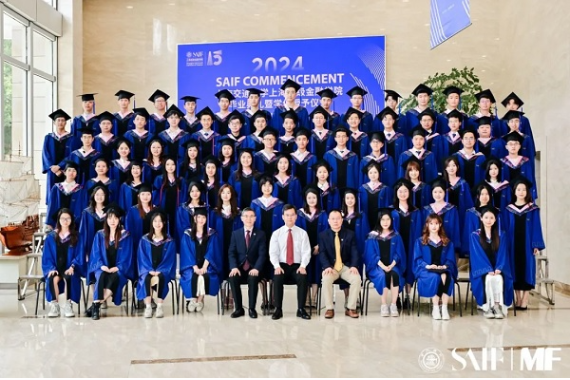
September 29, 2024
Chinese Enterprises Globalization Program Launched—Blue Ocean Navigator (Vietn ...
On August 26th, the "Chinese Enterprises Globalization Escort Program—Blue Ocean Navigator (Vietnam Module)" was launched at the 2024 World Trade Centers Association (WTCA) Asia Pacific Regional Conference. The program, spearheaded by the Southeast Asia C
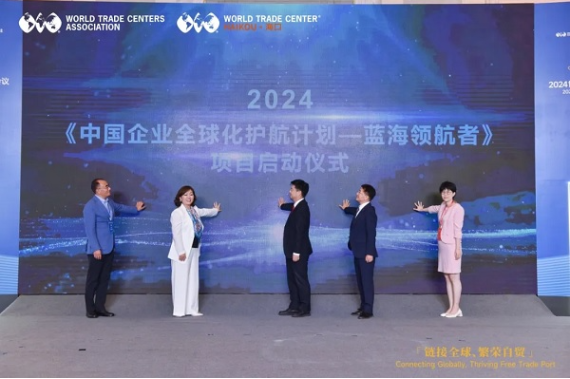
September 28, 2024
Journal of Finance Publishes Professor Jun Pan's Latest Paper Online
The Journal of Finance, a top international academic journal, has recently published the paper "The SOE Premium and Government Support in China's Credit Market" online. The paper is co-authored by Jun Pan—Professor of Finance, SAIF Chair Professor, and Ch
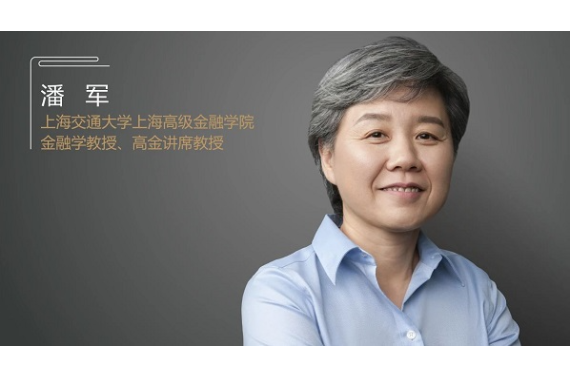
September 27, 2024
SAIF Welcomes New Students at 2024 Opening Ceremony
The Shanghai Advanced Institute of Finance (SAIF) held its 2024 Opening Ceremony on September 20th at Wenzhi Hall, Xuhui Campus of Shanghai Jiao Tong University (SJTU). The event welcomed 707 new students from the MF, MBA, EMBA, and Ph.D. programs.
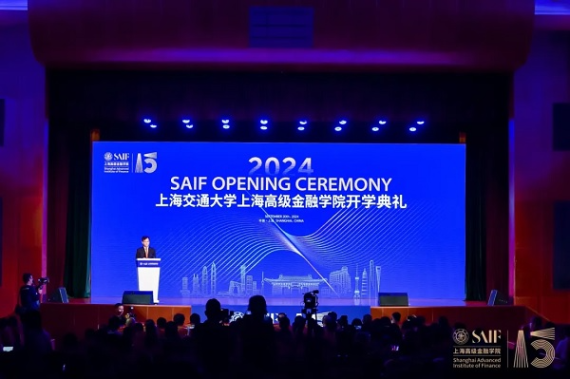
August 27, 2024
SAIF Launches Innovation Finance Track for FMBA Program
Shanghai Advanced Institute of Finance (SAIF) has officially launched the Innovation Finance Track for its FMBA program. The track includes the establishment of the "Innovation Finance" experimental class of 2024 and an exclusive "Innovation Finance Talen
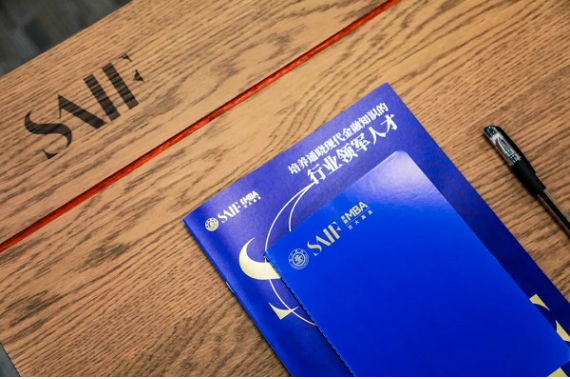
August 27, 2024
14th Summer Institute of Finance (SIF) Conference Explores Financial AI
The Shanghai Advanced Institute of Finance (SAIF) and the China Academy of Financial Research (CAFR) organized the 14th Summer Institute of Finance Conference (SIF) in Xi'an from July 14th to 15th, 2024. The conference brought together more than 60 distin
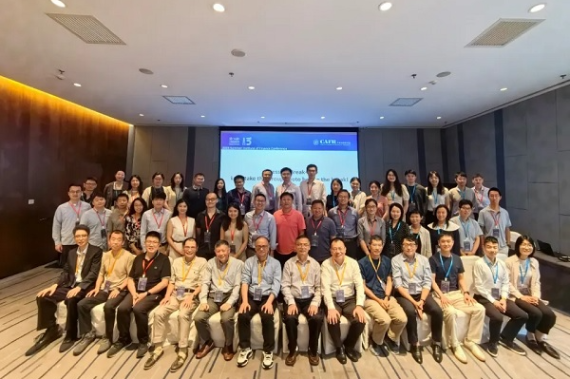
August 25, 2024
7th SAIF-CAFR Summer Camp Resumes Onsite Format in 2024
The Shanghai Advanced Institute of Finance SAIF and the China Academy of Financial Research CAFR jointly organized the 7th SAIF-CAFR Financial Research Summer Camp from July 12th to 13th, 2024, at the SAIF Xuhui Campus. This year marked the first time sin
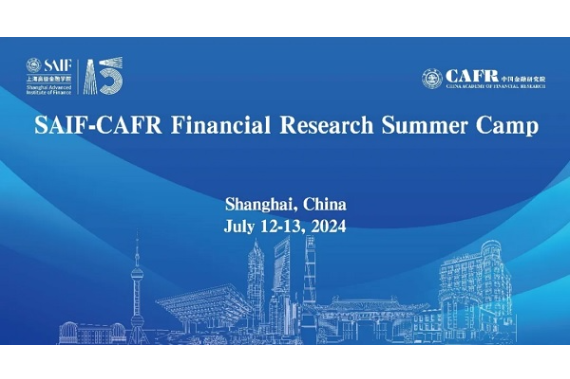
July 29, 2024
SAIF Honors Professors and Researchers in 2024 Awards Ceremony
In July, the Shanghai Advanced Institute of Finance (SAIF) held a prestigious awards ceremony to recognize professors and researchers who have demonstrated exceptional academic character and made significant contributions with their teaching and research.

July 28, 2024
Record-Breaking Attendance at 2024 China International Conference in Finance
On July 8th – 11th, the 21st China International Conference in Finance (CICF) was successfully held in Beijing. CICF, founded in 2002 by the Sloan School of Management at the Massachusetts Institute of Technology, is one of the four major financial academ
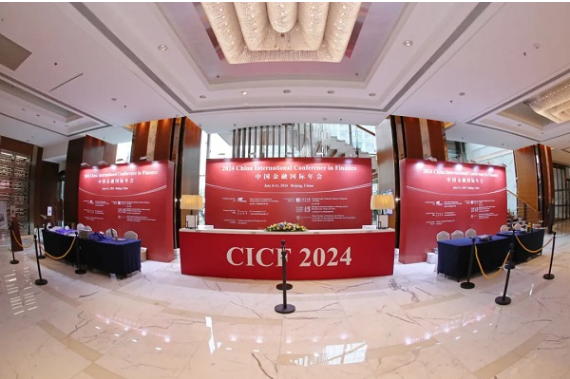
July 27, 2024
2024 SAIF Commencement: Celebrating Academic Achievement
The 2024 SAIF Commencement Ceremony was held on July 6th in Shanghai, attended by over 800 graduates, SJTU leaders, and faculty representatives.
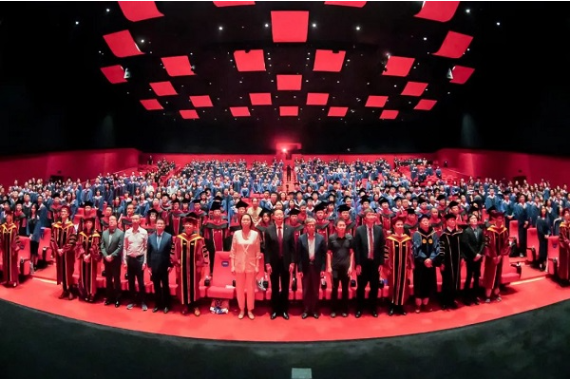

211 West Huaihai Road
Shanghai 200030, China
Tel: +86 21 6293 3500
9th Floor, Building T6, Hongqiao Hui
990 Shenchang Road
Shanghai 201106, China
3rd Floor, Building D, Chenfeng Building
800 Tongpu Road
Shanghai 200062, China
5th Floor, West Tower, World Financial Centre
1 Dong San Huan Middle Road
Chaoyang District, Beijing 100020, China
Tel: +86 10 5081 5880
1203 Tower 7, One Shenzhen Bay
Nanshan District, Shenzhen 518000, China
Tel: +86 755 8663 8815
© Shanghai Advanced Institute of Finance All Rights Reserved.


Top